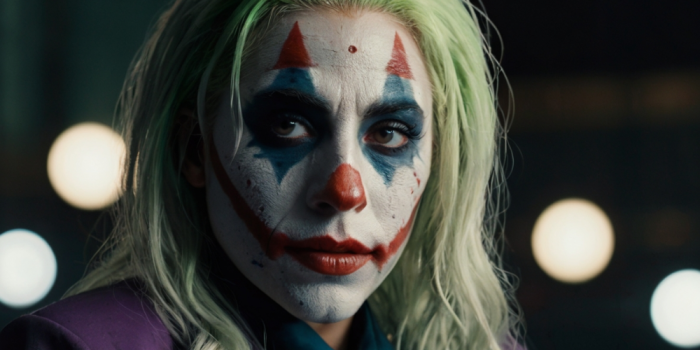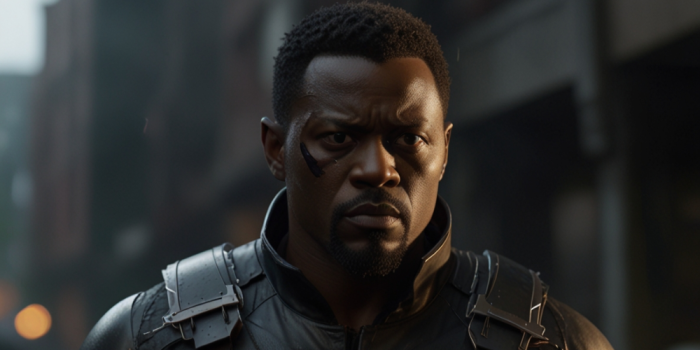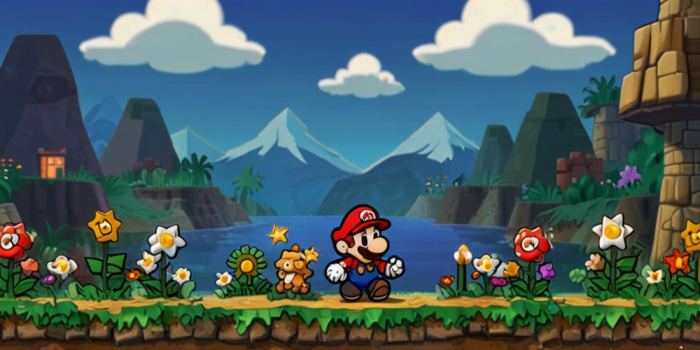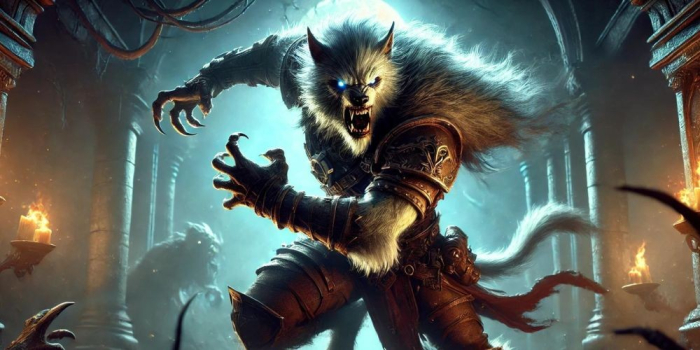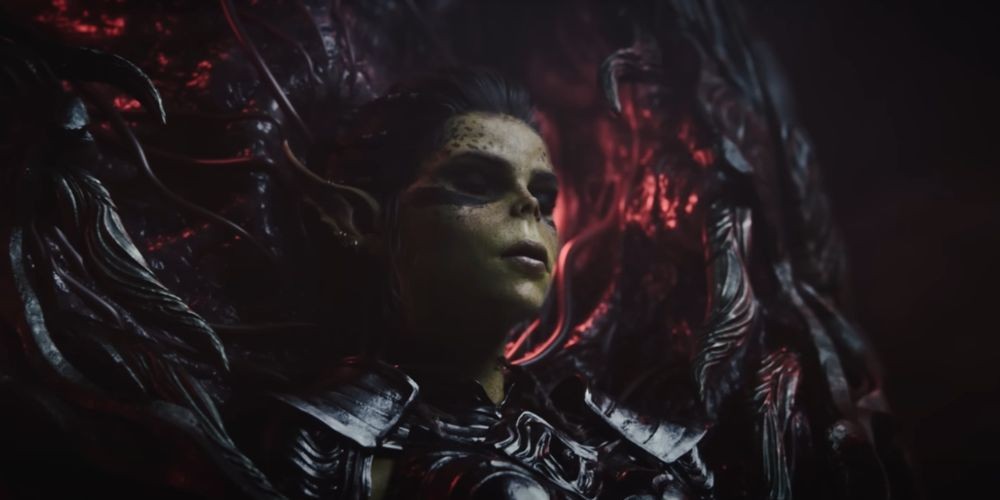 Apr 15, 2024
Apr 15, 2024
The Voice Theft Dilemma: Baldur's Gate 3 Actors Confront AI Cloning
In the realm of video game voice acting, where performances breathe life into virtual worlds, a new tempest is brewing. The recent revelations of unauthorized AI voice cloning have struck a nerve with the talented voices behind Baldur's Gate 3 and other gaming masterpieces. As the industry grapples with this emerging technology, these actors raise a clarion call, asserting that such practices not only threaten their livelihoods but also strike at the very essence of their artistic identities.
Amelia Tyler, the iconic narrator of Baldur's Gate 3, recounts a chilling encounter – her distinctive voice, a hallmark of the game's immersive storytelling, found itself twisted and distorted, narrating content of an unsettling and disturbing nature. "I went on to this stream because somebody gave me a heads up, and I went on and heard my own voice reading rape porn," she confides, her tone laced with palpable distress.
Raphael actor and BAFTA winner Andrew Wincott echoes Tyler's sentiments, acknowledging the potential benefits of AI-augmented performances while underscoring the need for fair compensation. "While I appreciate the potential of doing 10 hours of work for 40 hours of output, I still expect to be paid for the full 40," he quips, highlighting the intricate balance between technological advancements and equitable remuneration.
As the debate rages on, voices from across the gaming industry join the chorus, with actors from acclaimed titles like Alan Wake 2 and Final Fantasy 16 expressing their apprehensions. Amidst this tumult, a glimmer of hope emerges in the form of Neil Newbon, the voice behind Baldur's Gate 3's Astarion, who remains optimistic about the enduring allure of human artistry. "I don't think you can program craft. It's something beyond zeroes and ones, beyond the formula. It's quite magical," he muses, reminding us that while technology may advance, the human touch remains irreplaceable.

